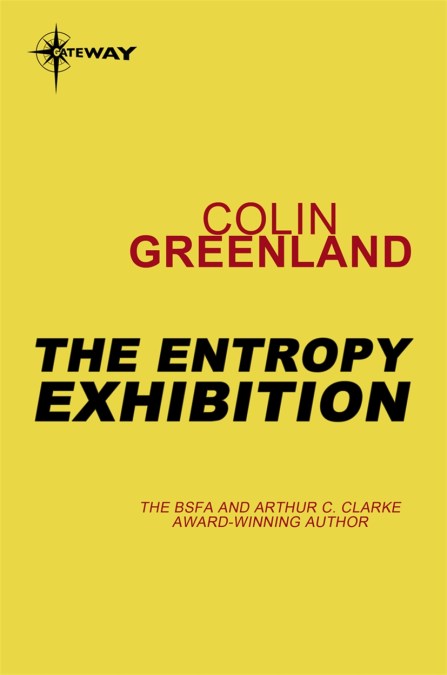Michael Moorcock edited and produced the magazine New Worlds from 1964 to 1973. Within its pages he encouraged the development of new kinds of popular writing out of the genre of science fiction, energetically reworking traditional themes, images and styles as a radical response to the crisis of modern fiction. The essential paradox of the new writing lay in its fascination with ‘entropy’ – the universal and irreversible decline of energy into disorder. Entropy provides the key both to the anarchic vitality of the magazine and to its neglect by critics and academics, as well as its intimate connection with other cultural experiments of the 1960s. The fiction of the New Worlds writers, who included Brian Aldiss, J. G. Ballard and Moorcock himself, was not concerned with the far future and outer space, but with the ambiguous and unstable conditions of the modern world. As Ballard put it: ‘The only truly alien planet is Earth.’
The Entropy Exhibition is the first critical assessment of the literary movement known as ‘New Wave’ science fiction. It examines the history of the magazine and its background in the popular imagination of the 1960s, traces the strange history of sex in science fiction and analyses development in stylistic theory and practice. Detailed attention is given to each of the three principal contributors to New Worlds – Aldiss, Ballard and Moorcock. Moorcock himself is most commonly judged by his commercial fantasy novels instead of by the magazine he supported with them, but here the balance is at last redressed: New Worlds emerges as nothing less than a focus and a metaphor for many of the transformations of English and American literature in the past two decades.
The Entropy Exhibition is the first critical assessment of the literary movement known as ‘New Wave’ science fiction. It examines the history of the magazine and its background in the popular imagination of the 1960s, traces the strange history of sex in science fiction and analyses development in stylistic theory and practice. Detailed attention is given to each of the three principal contributors to New Worlds – Aldiss, Ballard and Moorcock. Moorcock himself is most commonly judged by his commercial fantasy novels instead of by the magazine he supported with them, but here the balance is at last redressed: New Worlds emerges as nothing less than a focus and a metaphor for many of the transformations of English and American literature in the past two decades.
Newsletter Signup
By clicking ‘Sign Up,’ I acknowledge that I have read and agree to Hachette Book Group’s Privacy Policy and Terms of Use

